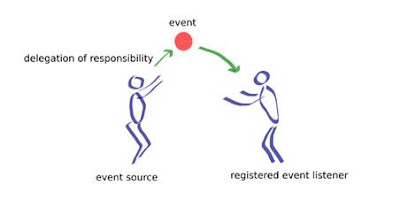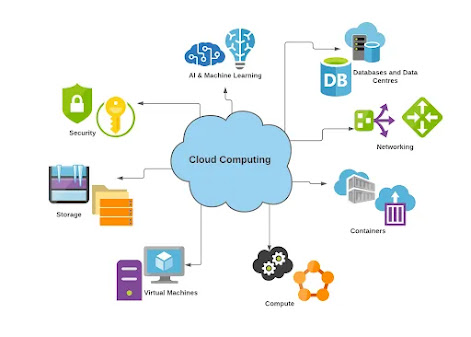POP vs OOP and C vs C++
Difference Between Procedure Oriented Programming (POP) & Object Oriented Programming (OOP)
| Procedure Oriented Programming | Object Oriented Programming | |
|---|---|---|
| Divided Into | In POP, program is divided into small parts called functions. | In OOP, program is divided into parts called objects. |
| Importance | In POP,Importance is not given to data but to functions as well as sequence of actions to be done. | In OOP, Importance is given to the data rather than procedures or functions because it works as a real world. |
| Approach | POP follows Top Down approach. | OOP follows Bottom Up approach. |
| Access Specifiers | POP does not have any access specifier. | OOP has access specifiers named Public, Private, Protected, etc. |
| Data Moving | In POP, Data can move freely from function to function in the system. | In OOP, objects can move and communicate with each other through member functions. |
| Expansion | To add new data and function in POP is not so easy. | OOP provides an easy way to add new data and function. |
| Data Access | In POP, Most function uses Global data for sharing that can be accessed freely from function to function in the system. | In OOP, data can not move easily from function to function,it can be kept public or private so we can control the access of data. |
| Data Hiding | POP does not have any proper way for hiding data so it is less secure. | OOP provides Data Hiding so provides more security. |
| Overloading | In POP, Overloading is not possible. | In OOP, overloading is possible in the form of Function Overloading and Operator Overloading. |
| Examples | Example of POP are : C, VB, FORTRAN, Pascal. | Example of OOP are : C++, JAVA, VB.NET, C#.NET. |
| C | C++ |
|---|---|
C was developed by Dennis Ritchie between 1969 and 1973 at AT&T Bell Labs.
|
C++ was developed by Bjarne Stroustrup in 1979 with C++'s predecessor "C with Classes".
|
When compared to C++, C is a subset of C++.
|
C++ is a superset of C. C++ can run most of C code while C cannot run C++ code.
|
C supports procedural programming paradigm for code development.
|
C++ supports both procedural and object oriented programming paradigms; therefore C++ is also called a hybrid language.
|
C does not support object oriented programming; therefore it has no support for polymorphism, encapsulation, and inheritance.
|
Being an object oriented programming language C++ supports polymorphism, encapsulation, and inheritance.
|
In C (because it is a procedural programming language), data and functions are separate and free entities.
|
In C++ (when it is used as object oriented programming language), data and functions are encapsulated together in form of an object. For creating objects class provides a blueprint of structure of the object.
|
In C, data are free entities and can be manipulated by outside code. This is because C does not support information hiding.
|
In C++, Encapsulation hides the data to ensure that data structures and operators are used as intended.
|
C, being a procedural programming, it is a function driven language.
|
While, C++, being an object oriented programming, it is an object driven language.
|
C does not support function and operator overloading.
|
C++ supports both function and operator overloading.
|
C does not allow functions to be defined inside structures.
|
In C++, functions can be used inside a structure.
|
C does not have namespace feature.
|
C++ uses NAMESPACE which avoid name collisions.
A namespace is a declarative region that provides a scope to the identifiers (the names of types, functions, variables, etc) inside it. Namespaces are used to organize code into logical groups and to prevent name collisions that can occur especially when your code base includes multiple libraries. All identifiers at namespace scope are visible to one another without qualification. Identifiers outside the namespace can access the members by using the fully qualified name for each identifier.
|
C uses functions for input/output. For example
scanf and printf. |
C++ uses objects for input output. For example
cin and cout. |
C does not support reference variables.
|
C++ supports reference variables.
|
C has no support for virtual and friend functions.
|
C++ supports virtual and friend functions.
|
C provides
malloc() and calloc()functions for dynamic memory allocation, and free() for memory de-allocation. |
C++ provides
new operator for memory allocation and delete operator for memory de-allocation. |
C does not provide direct support for error handling (also called exception handling)
|
C++ provides support for exception handling. Exceptions are used for "hard" errors that make the code incorrect.
|




Comments
Post a Comment